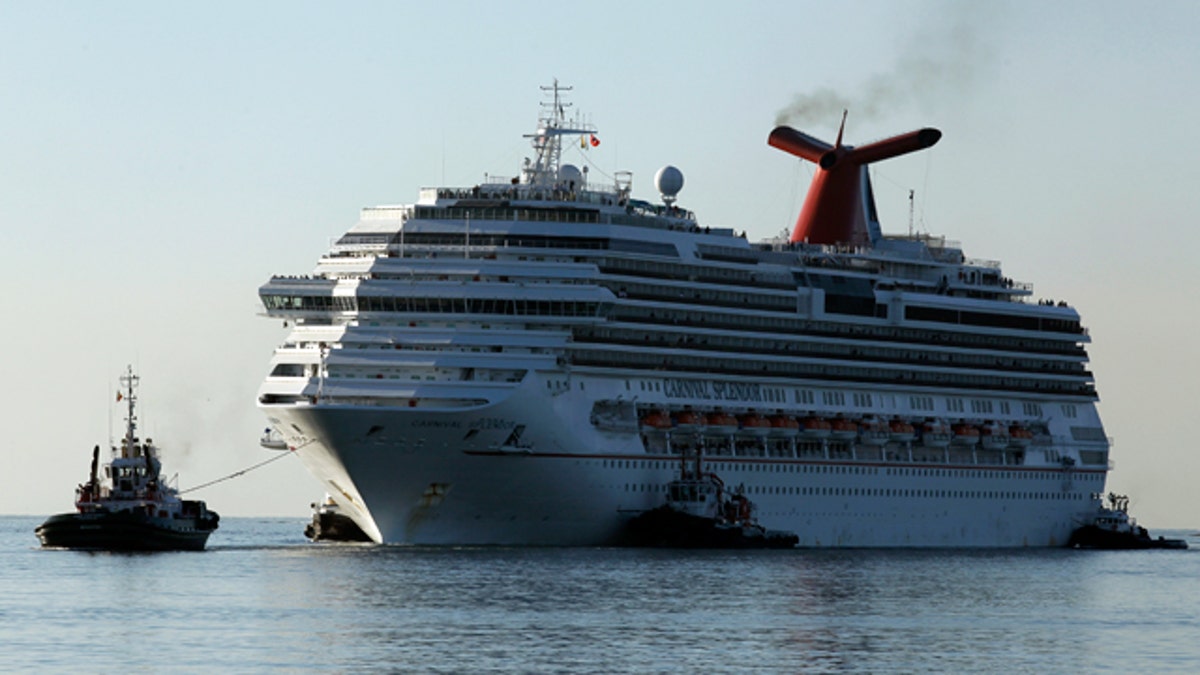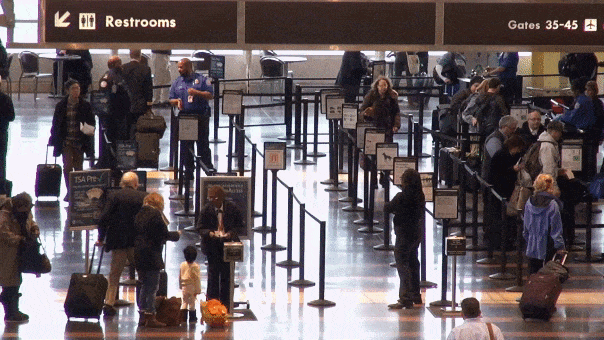
(Reuters)
After three cruise disasters within 30 days, you might reasonably expect a media drubbing of the cruise industry. But that hasn't happened.
Recently on the news I heard, “Good news, we just might see discounts on cruises for the next few weeks.” Does this mean the mainstream media's traditional cruise-bashing attitude is changing?
When the Carnival Splendor lost all power off the coast of San Diego last month, virtually every news station trotted out its stock "Cruise from Hell" graphic. But when the ship was brought back to port, the stranded passengers had nothing but praise for the crew, the cruise director and the cruise line itself for making the best of a bad situation and returning everyone home safely -- with a full refund and a free future cruise. Carnival showed that the cruise industry really cares about its passengers.
Last week, the TV news repeatedly showed images of the expedition vessel Clelia II pushing through towering waves in a raging Drake’s Passage--the infamous stretch of sea at the bottom of South America that even Captain Bligh avoided in 'Mutiny on the Bounty.' The poor Clelia II was battered and pummeled, but reportedly no passengers were injured.
Then last Monday, the captain of Royal Caribbean's Brilliance of the Seas decided to skip a port call in Alexandria, Egypt, after the ship encountered 80-mph winds on approach--double what had been forecast. Some passengers, (and other things that weren't fastened down), were reportedly tossed around in their cabins, and many were thoroughly scared, according to media reports.
The planned two-night stop, for shore trips to the Sphinx and the Giza pyramids, would have been the highlight of the cruise. But the captain made the right call. The ship had been listing dangerously, temporarily leaning to one side or the other as much as 15 degrees; there was no way to dock it in such winds.
But a controversy broke out when the line announced its passenger compensation policy for the incident. Technically, the guests were only owed the port charges they had pre-paid for Alexandria when they booked the cruise. So Royal Caribbean offered each guest a $200 credit,as they normally would do in these circumstances.
Reports quickly spread that passengers had assembled in the ship’s lobby, chanting “that’s not enough.” The cruise line reacted fast, and wisely offered each guest a full refund for the cruise. This somewhat unprecedented move was a brilliant public relations decision by Royal Caribbean. Otherwise, unfavorable comparisons to rival Carnival’s reaction to the Splendor incident would have roared through the media.
I recently wrote “Cruise Line Crises and Compensation,” where I advised passenger reimbursement is always at the discretion of the cruise line. The cruise contract gives the cruise line sole responsibility for the safety of the vessel and its passengers first and foremost.
When weather or technical difficulties interrupt a cruise's scheduled itinerary, the cruise line is not obligated to provide passengers anything except "room and board" for the promised number of nights.
Legally, cruise lines are not required to give you any compensation for missing a specific port of call. There is no “Passenger Bill of Rights” in the cruise industry. So almost any kind of compensation a cruise line offers is voluntary, and done only to maintain good will with customers.
But the online community of cruise enthusiasts is tightly knit and vocal; when a large group of passengers feels wronged, they seldom let it go without being heard. And the media generally responds.
Thus, I am surprised not to be seeing “Cruise from Hell” graphics popping up for either the Clelia II or the Brilliance crises--even though they were both scary events. Is it because Royal Caribbean went well beyond the expected call of duty to compensate its guests?
This was a 12-day cruise, and 10 of those days went perfectly. In most cases, the cruise line would only have offered compensation for the two days that went badly. If this special compensation offer by Royal Caribbean leads to a new attitude toward cruising by the media, then whatever loss the line takes on this cruise is more than worth it.
The media comment that these recent cruise crises “could mean discounts on cruises in the near future” surprised me the most. And it is true: The last people to buy a cruise are those who have never taken on, and after widely-publicized events like these, the “cruise novice” market will dry up for a little while. But the media's attention span for cruise “disasters” has been surprisingly short, and first-timers always come back.
In the short term, however, these “Cruise from Hell” disasters will probably result in discounts that veteran cruisers will appreciate; the lesson is: Never miss the opportunity to turn a negative into a positive.
I started writing about stock market investing for Motley Fool in 1995, but previously I worked aboard cruise ships. I co-started CruiseMates.com, the first cruise travel guide on the Internet in New York City in 1999. CruiseMates, one the Web’s top cruise travel guides was acquired by Internet Brands(NASDAQ: INET) in 2006. Once CEO, I am now the editor of CruiseMates – Paul Motter








































